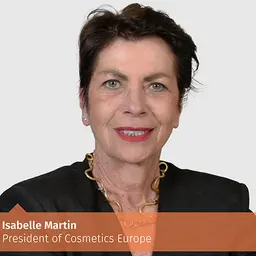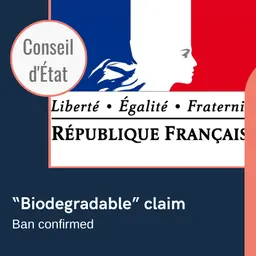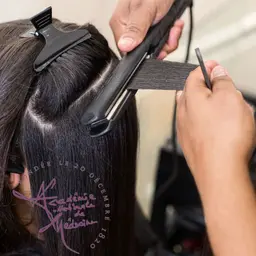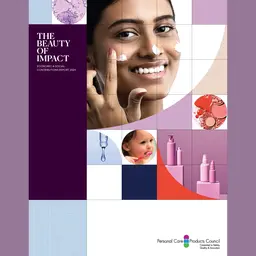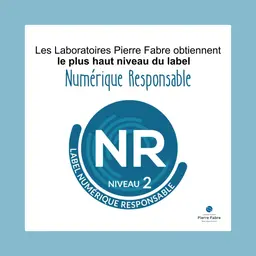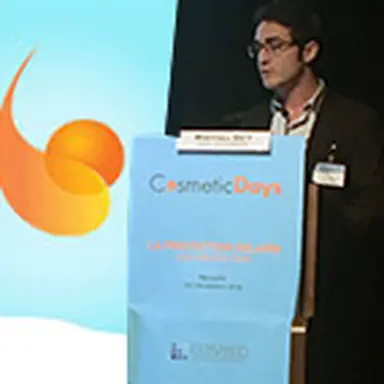
At the 3rd CosmeticDays organized by Cosmed, Matthieu Bey, microbiologist at Greentech, presented the defence means micro-organisms implement to protect themselves from UV rays’ harmful effects. They are a source of inspiration for new approaches to photoprotection, which he illustrated by introducing a number of molecules of interest.
Greentech is specialized in the development and production of plant-derived cosmetic actives. The company also works on micro-organisms, bacteria, and fungus, as well as on marine organisms. Matthieu Bey’s presentation at these CosmeticDays was focused on how micro-organisms protect themselves from the sunlight and different types of radiation, by producing molecules that can definitely be new resources for the cosmetics industry.
Solar spectrum and inconveniences related to exposure
Matthieu Bey started by reminding everyone the solar spectrum is composed of different UV rays (UVAs and UVBs), visible light, including blue light, and infrared rays.
Whether it be natural or artificial, light has impacts on the various skin layers, including immunosuppression modifications, effects on oxidative stress (increased production of free radicals and reactive oxygen species, ROS), a decline in the skin’s defences, cell and skin barrier degradations, damages on the DNA, increased apoptosis, inflammatory phenomena (increased number of cytokines and prostaglandins), hyperpigmentation… In the short term, it is conveyed by skin dryness, rash, darkening of the skin, while in the long term, the effects are measured in terms of dark spots, photo-aging, and cancers…
All these effects justify the use of photoprotection. Matthieu Bey reiterated its definition: all natural or artificial …




